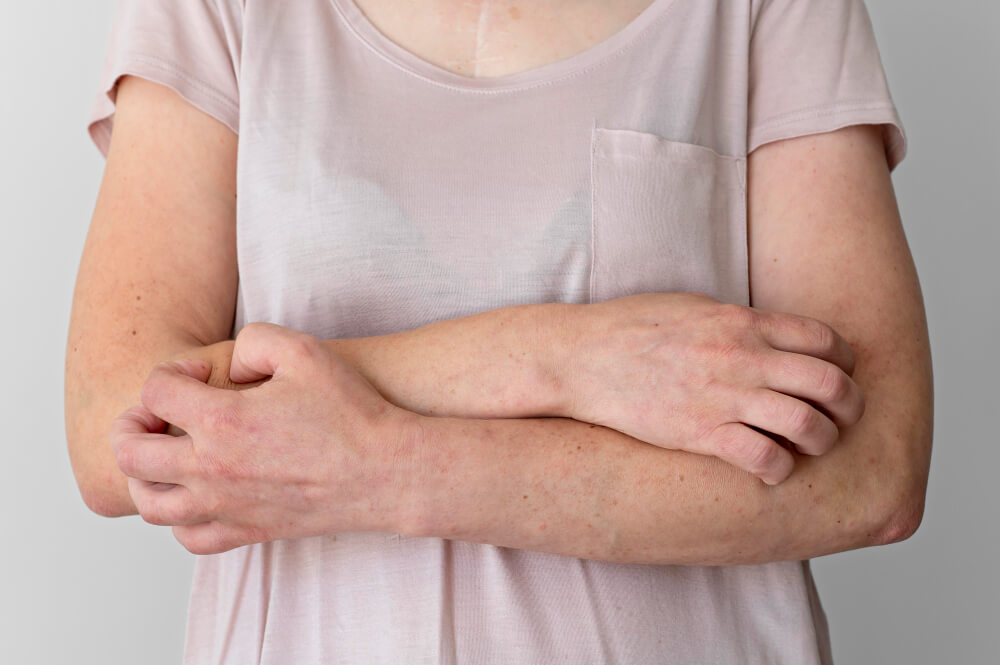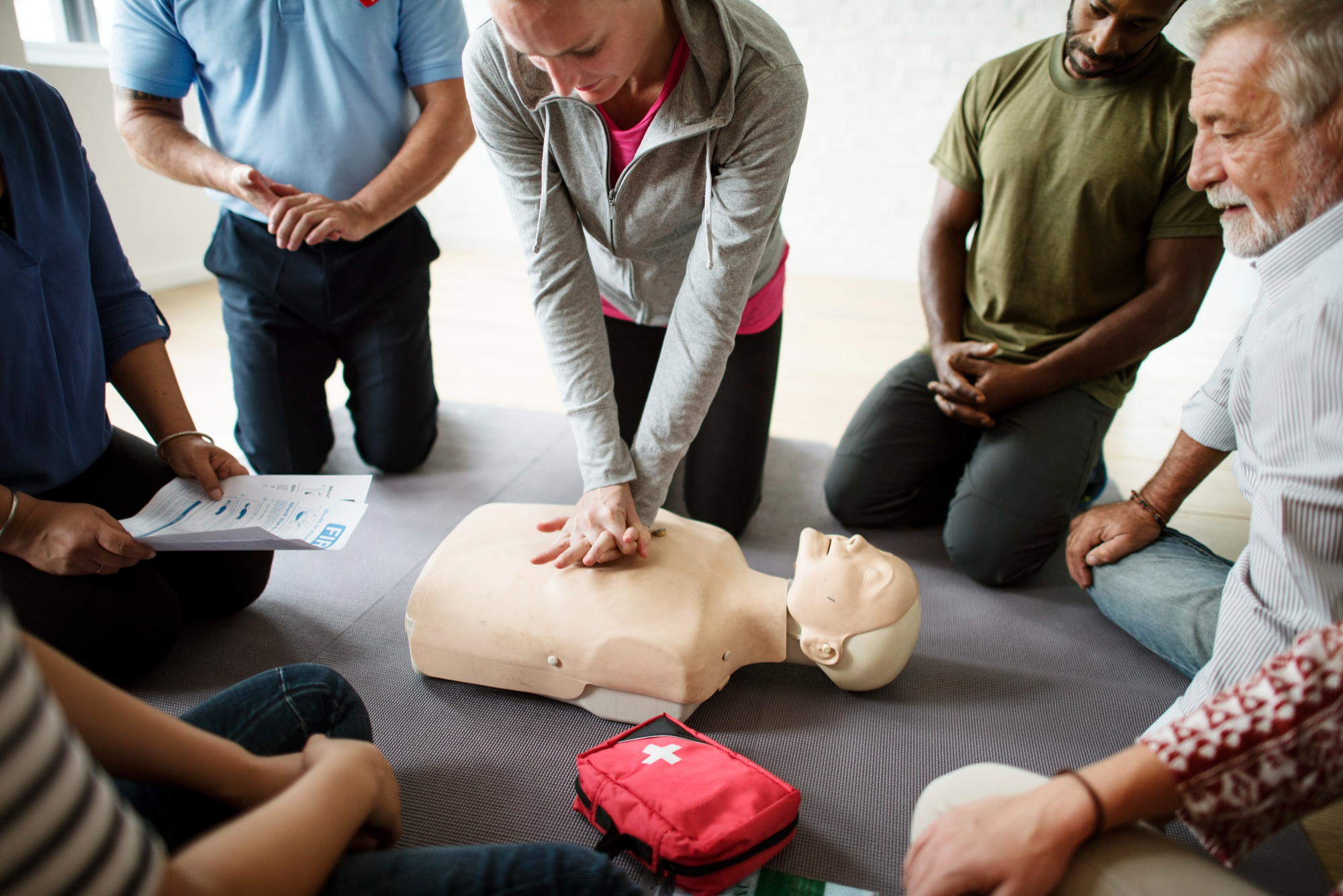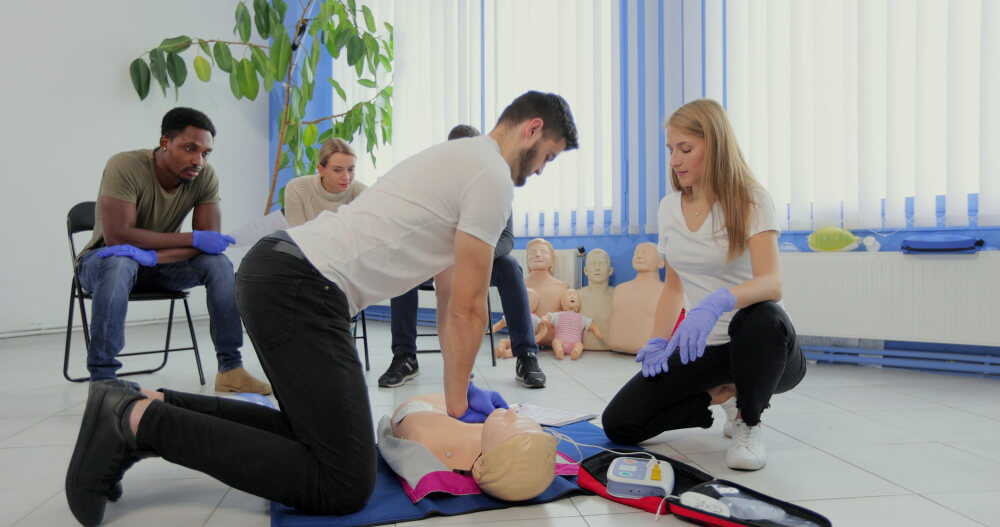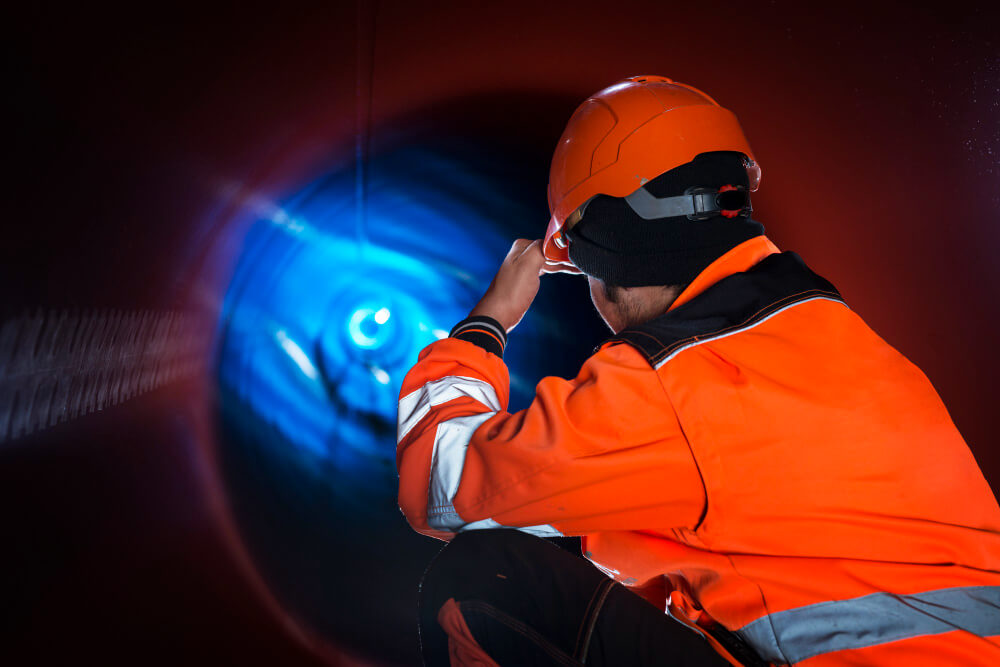Becoming a workplace First Aider is a great asset to your skillset and enables you to play a vital role in protecting the wellbeing of your colleagues and members of the public as you work. You may experience some challenging situations as a First Aider, and allergic reactions can be especially difficult to manage.
There are many causes of allergic reactions, so it is not always easy to know how to treat a reaction when it occurs. Allergies are very common, however, so it is important to know how to manage them as part of your role as a First Aider at work.
What is an allergic reaction?
An allergic reaction occurs when the body recognises an allergen or foreign substance as potentially harmful and produces an immune response. Immune responses vary from producing histamine, causing symptoms such as a runny nose and itchy eyes, to a full anaphylactic reaction, which could lead to organ failure and death if untreated. Anaphylaxis should be treated as an emergency, and you should seek urgent medical assistance even if symptoms seem to be easing as a second phase is common.
Severe allergic reactions
It can be very distressing to witness a severe allergic reaction, and immediate action must be taken to save life. You should call 999 or 112 immediately and ask for urgent medical support if the person you are treating has had severe allergic reactions in the past or if you witness any of the following:
- Wheezing or difficulty breathing
- Swelling in the lips, tongue or throat
- Tightness in the throat or feeling like the airways are closing
- Trouble speaking or a hoarse voice
- Nausea, abdominal pain or vomiting
- Fast heartbeat or pulse
- Anxiety or dizziness
- Loss of consciousness
If the person you are treating has had severe reactions before, they may have an epi-pen, an epinephrine injection, to carry with them. You should check with them if possible and administer the auto injector while you are waiting for medical assistance. If the patient loses consciousness, you may need to begin CPR protocol.
Common allergies
Common allergens include plant pollen, animal hair, medication (particularly penicillin), bee stings and food allergies, commonly including nuts and shellfish. A severe allergic reaction can develop at any time, although pre-existing allergies may make a severe reaction more likely. Some people experience allergic reactions only when an allergen is ingested, while some may experience severe reactions if they touch or inhale an allergen.
Common symptoms of allergy include red, itchy skin, hives, itchy eyes, swelling in the hands, feet or face and abdominal pain, vomiting or diarrhoea. If an allergic reaction is mild, it is usually possible to treat it with over the counter remedies and by removing the allergen from the environment, but if you are in any doubt about the severity of the reaction, you should call 112 or 999 immediately.
Stay calm when treating allergic reactions
If you are with someone who is experiencing an allergic reaction, your most valuable role may be to keep them calm and help them try to relax. Staying seated or lying down and breathing slowly will help to calm the system and allow them to feel more in control. Keeping yourself calm is the best way to help your patient to stay calm, and knowing how to respond to a crisis such as an allergic reaction can help to give you peace of mind in this situation.
First Aider Training Courses in Ireland
Becoming a workplace First Aider is easy when you attend one of our top quality training courses in Ireland. We believe that first aid training should be accessible to all and our approach is inclusive and comprehensive. We cover all the essential first aid skills needed to assess emergency situations and save lives and we are always happy to answer any questions about our training courses.
At ASM, we believe in delivering excellent training that makes the workplace safer, empowering employees to manage their own health and safety at work. We look forward to discussing your training needs with you, so contact us for further information or to book your place on our First Aid Training today.
Important Note: The information provided in this blog is for educational purposes only and should not be considered a substitute for professional medical advice, diagnosis, or treatment. It is crucial to seek proper training from a certified first aid professional before attempting any first aid techniques or procedures. Always consult with a qualified healthcare provider for personalised guidance and to ensure your actions align with your specific circumstances.
